Dea Kulumbegashvili‘s stunning debut with Beginning (2020) made her second feature film, April, one of the most eagerly awaited premieres at the 81st Venice Film Festival. The film, which is an Italian-French-Georgian co-production, has enjoyed the support of Luca Guadagnino since he discovered her at the San Sebastian Festival.
The young Georgian director has risked even more than in her first film, appealing to the spectator’s commitment to a highly personal, committed work, with a significant aesthetic. The overture already installs us in an intimate territory of our own, embodied in a fantastic being, whose tired humanoid form, trying to advance in a pool of darkness, contrasts with the carefree sound of children’s voices splashing and laughing, from the depths of memory, with a significant sound design by Lars Ginzel, which will make us vibrate throughout the film. This creature will reappear throughout the film in different situations, but never relaxed. Next, a close-up birth brings us to the protagonist, Dr. Nina (extraordinary Ia Sukhitashvili), who, while assisting the mother, will end up fearing for her job because of the outcome of the birth.
From there, Arseni Khachaturan‘s fantastic shots allow us to guess, off-camera, or observe in a corner of the frame, Nina’s daily life in the hospital, her home visits, and her benevolent expeditions into a territory that is not only geographically inhospitable, but also feared and avoided by her colleagues. In 21st century Georgia, the atavism, the shame that permeates customs and brutalises women is a brake on their well-being. What Kulumbegashvili shows us with as much crudeness as simplicity is the burden that unwanted motherhood places on women, who are annulled under the male yoke, victims of male violence, family abuse and their limited (almost always non-existent) access to contraceptives or the interruption of pregnancy.
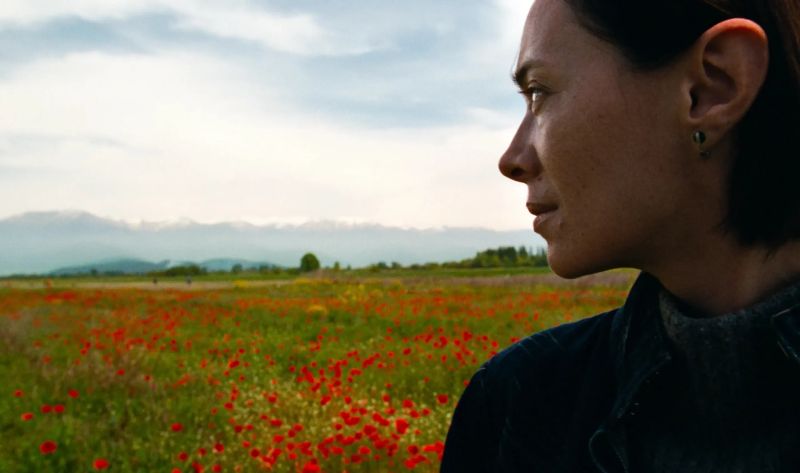
What on paper looks like a naturalistic film, a social denunciation, or even a thriller, possesses a higher depth, which turns it into a raw introspection, where Nina’s turbulent relationship with her own femininity is represented in this almost human, but defective, shapeless being, an inclement self-image overlaid by a feminist and determined rationality. The doctor’s bravery in her work, where she risks the only thing she has (at one point she tells her boss that her job is the only thing she has to lose) is the anchor that sustains her emotionally. The rest is a decision as personal as it is conflicted, which is evident in her encounters with random men, her relationship with her colleague and ex-partner David (Kakha Kintsurashvili) and the repeated humiliations she suffers at the hands of occasional lovers or relatives of her patients.
Nina is not a self-sacrificing missionary but a professional who uses her knowledge to improve the lives of women at any cost, and at the same time she is one of them, who has freely chosen how to live, without denying her own pain, a falsely closed inner wound, in order to move on.
April‘s photography, every frame, the way she films nature in its splendour and rebirth, but also symbolically, as a muddy land that traps the women from childhood, paralysing them, blocking them, is as eloquent as the night scene at the cattle market, where the stallion bull challenges the scrawny cows with his imposing bulk. Dea Kulumbegashvili has directed the most artistic film of the 81st Venice Film Festival, where all its elements form a powerful whole, resonating with the viewer as effectively as the brilliant score by composer Matthew Herbert (The Horse). April is a film to be felt under our own skin, it is The Pianist that Haneke could never have made.

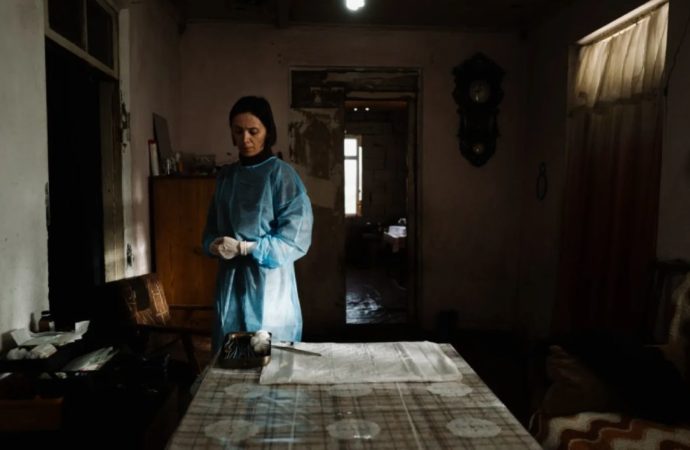


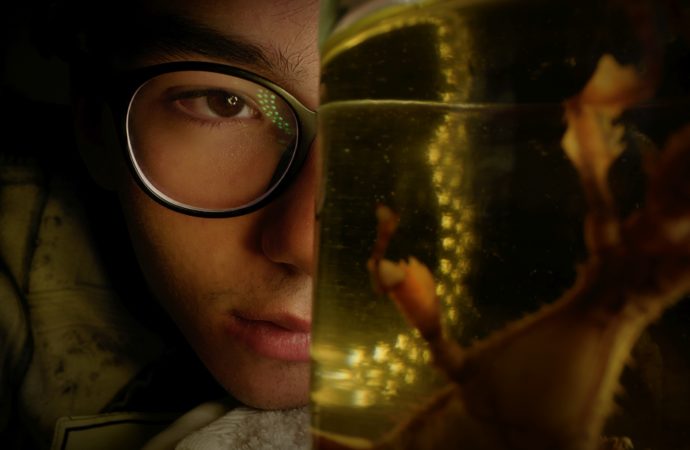
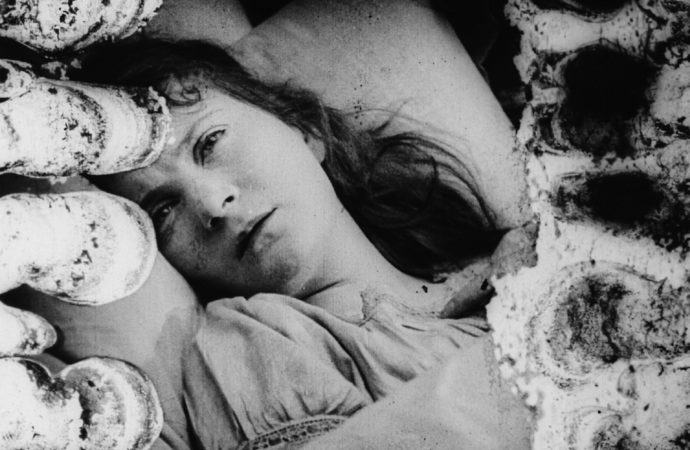
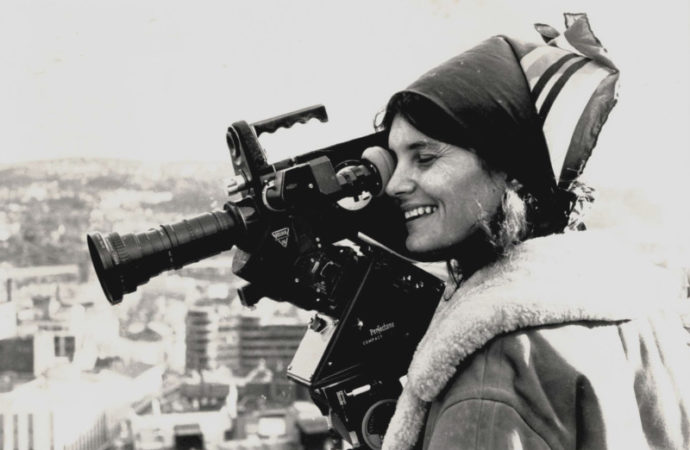
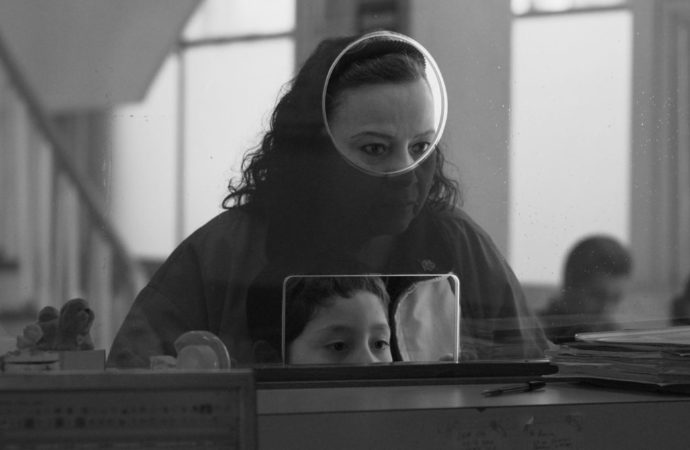
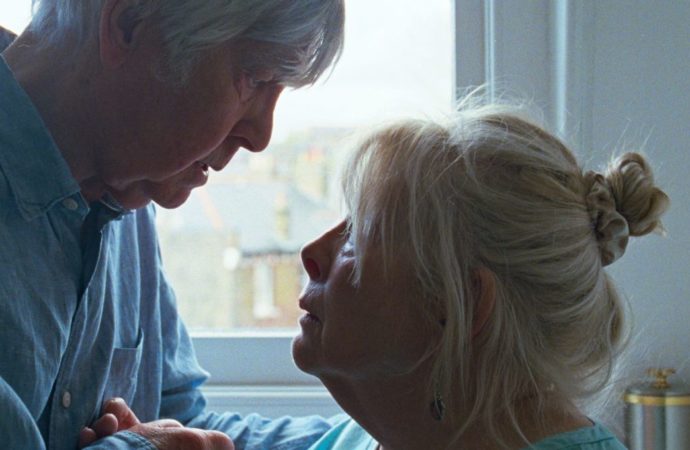
No one has posted any comments yet. Be the first person!